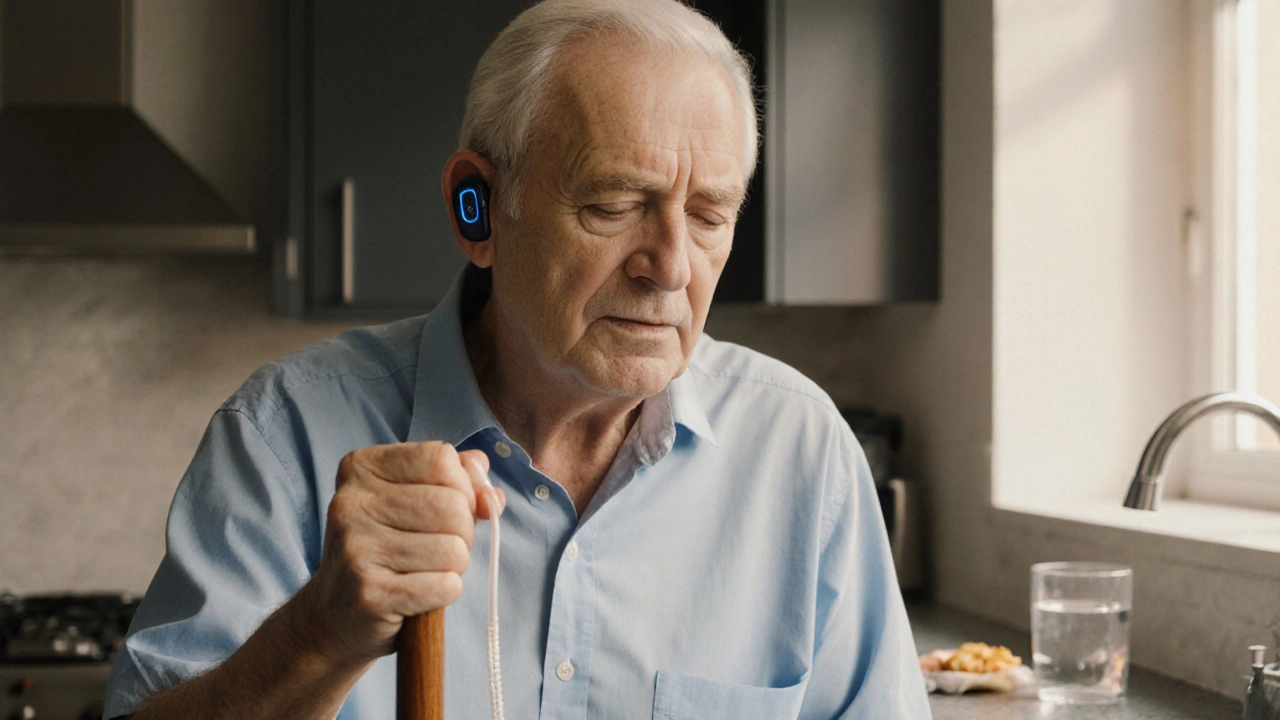Meniere's Disease: Symptoms, Triggers, and Treatment Options
When your world suddenly spins out of control—like the floor dropped out from under you—that’s not just dizziness. It could be Meniere's disease, a chronic inner ear disorder that causes severe vertigo, ringing in the ear, and fluctuating hearing loss. Also known as endolymphatic hydrops, it doesn’t just make you feel sick; it rewires your sense of balance and can quietly steal your hearing over time. Unlike a one-time bout of vertigo from an ear infection, Meniere’s comes in waves, often without warning, and leaves you drained for hours—or even days.
What makes it confusing is that it’s not one symptom. It’s a combo: vertigo, sudden, violent spinning that can knock you down, paired with tinnitus, a constant high-pitched ringing or roaring in one ear, and a feeling of fullness or pressure inside the ear. Then there’s the hearing loss—not always permanent at first, but it gets worse over time, usually in one ear. These aren’t random side effects. They’re all tied to fluid buildup in the inner ear, called endolymph, which messes up the signals your brain gets from your balance and hearing systems.
Doctors still don’t know exactly why this fluid builds up, but stress, salt, caffeine, and allergies can make it worse. Some people find relief by cutting out salt, avoiding alcohol, or using diuretics. Others need medications to calm the dizziness or even surgery if things get severe. It’s not cancer. It’s not a stroke. But it’s real, and it’s life-changing for the 600,000 people in the U.S. living with it. You’re not imagining the spinning. You’re not being dramatic. This is a medical condition that needs real management.
The posts below don’t just list drugs or theories. They give you practical, tested strategies—like how to handle vertigo attacks at home, what foods to avoid, how to track flare-ups, and which treatments actually work without turning you into a zombie on pills. You’ll find guides on managing inner ear disorders, reducing triggers, and making daily life more predictable. Whether you’re newly diagnosed or have been fighting this for years, these resources are built for people who need answers that don’t come from a 30-second YouTube clip.
Discover practical assistive tools for Meniere's disease, from hearing aids and balance aids to vestibular implants, with tips on choosing, using, and maintaining them.
View Details

